Canada 150 & Me – O Canada, eh?
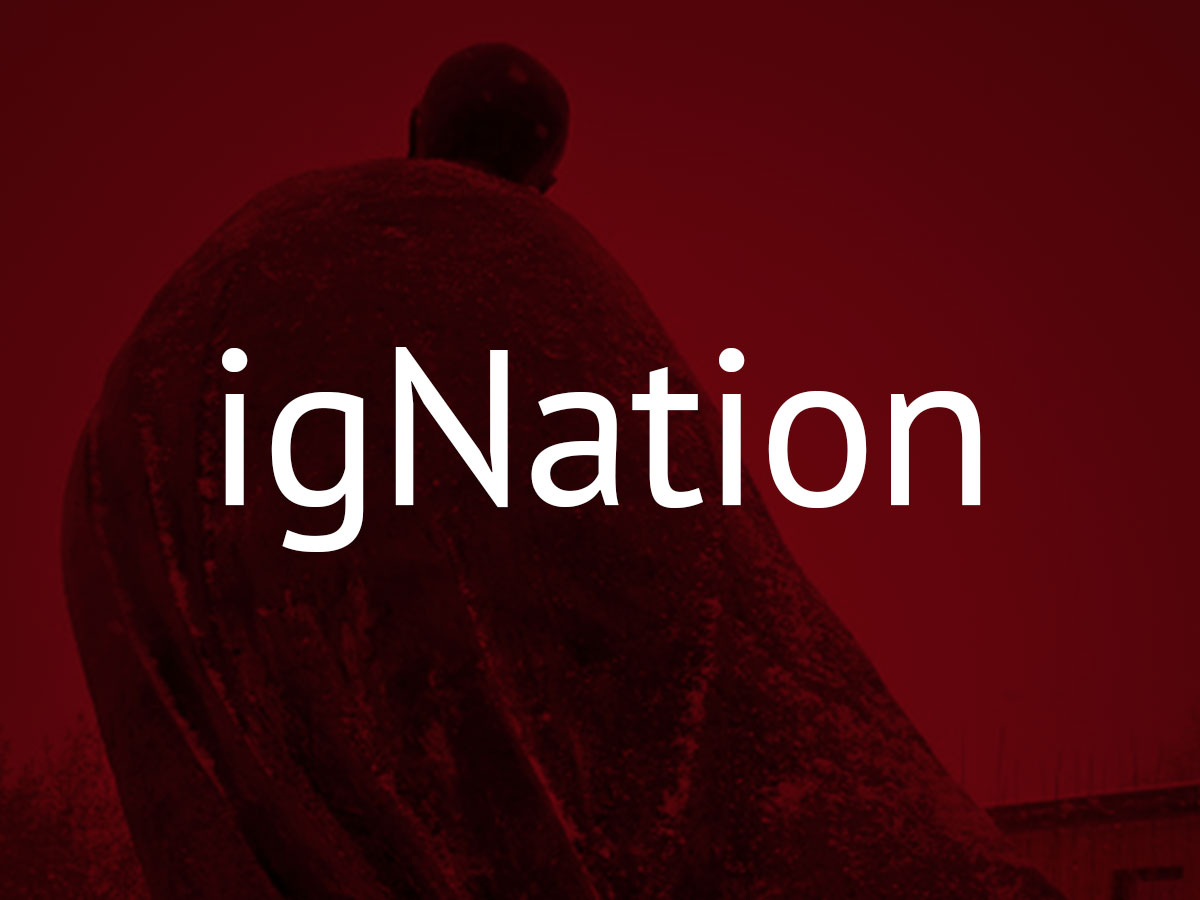
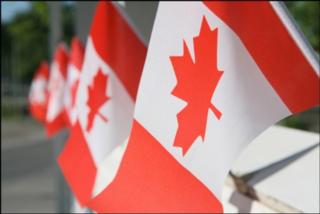
A good friend says that most Canadians today belong to the “lucky sperm club”. We live in a country that is the second largest country in the world and that has an abundance of natural resources. We are a people who have been blessed…. and yet…as we begin to celebrate Canada’s 150th birthday, I am embarrassed that the First Nations people, who have lived in Canada the longest, have not shared in Canada’s prosperity.
This awareness of FN (First Nations) people is relatively new for me and I think for most Canadians. While trying not to turn this reflection into a history lesson, please allow me to share some personal reflections on the poverty of most FN people today.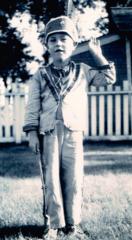
I grew up playing “cowboys and Indians” in the pre TV era of the 1940s. Saturday afternoon movies often featured American cavalry riding to the rescue of settlers who were surrounded by blood thirsty “savages”. History classes in school and later at university did little to enlighten my knowledge of FN people. I learned about the European immigrants who came to Canada, but almost nothing about the FN people who arrived here at least 10,000 years before the Europeans.
Similarily, I heard almost nothing about the dependence of European fur traders on FN people, or that FN soldiers helped Britain defeat the American invasion of Canada during the War of 1812. Today, Tommy Prince, a FN soldier from Manitoba has been recognized as one of the most highly decorated Canadian soldiers for his service in both WW2 and the Korean War.
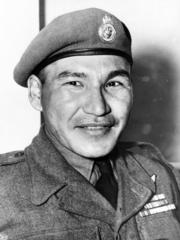 While driving to university in Winnipeg in the 1950s, I vividly remember a store’s huge billboard advertisement that featured a smiling “Indian princess “ wearing a short leather dress and a feather in her hair. The large, sexist message on the billboard said: “Where a buck goes further.”
While driving to university in Winnipeg in the 1950s, I vividly remember a store’s huge billboard advertisement that featured a smiling “Indian princess “ wearing a short leather dress and a feather in her hair. The large, sexist message on the billboard said: “Where a buck goes further.”
Flash forward to 2017 and Canadian’s awareness and resolve to take action about the tragedy of murdered and missing FN women. Maybe we have made some progress in the last 60 years.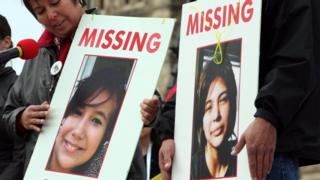
In the 1960s a number of families we knew adopted FN children. More and more FN people moved into Winnipeg from their reserves. They wanted jobs, a better life, better access to medical care, and better access to education for their children and grand children. Today it is estimated that about 10% of Winnipegers are FN people.
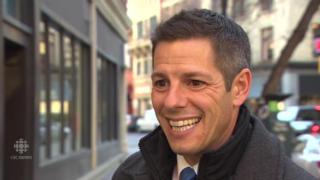 Recently we elected our first Metis mayor – Brian Bowman. FN people are also being elected to government at the municipal, provincial and federal level. Like other newcomers to the city, FN people seek homes where rents are the lowest…in the core area. Unfortunately this often has had the effect of ghettoizing them.
Recently we elected our first Metis mayor – Brian Bowman. FN people are also being elected to government at the municipal, provincial and federal level. Like other newcomers to the city, FN people seek homes where rents are the lowest…in the core area. Unfortunately this often has had the effect of ghettoizing them.
“Native Studies” seemed to appear in the 1970s, perhaps due to Canadian awareness of the Black Civil Rights movement in the USA. We also watched the violence of some separatist groups in Quebec and FN militants in Oka and other places in Canada. Liberation Theology developed by some Latin America church leaders in the 1950-1980 era may also increased our awareness of the oppression and poverty of FN people.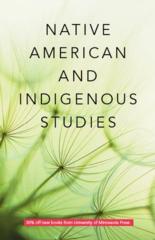
Brazilian archbishop Helder Camara famously asked: “When I give food to the poor they call me a saint. When I ask why they have no food they call me a communist”.
My personal awareness of FN poverty began with FN kids at Rossbrook House in the 1970s. There, a Metis from a small reserve told me about the strange looks he received upon his arrival in Winnipeg: “I felt like monster boy from Monster Land.”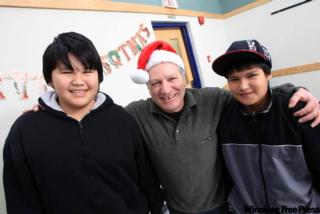
In the last 10 years since retirement I have been a member of the Interchurch Council on Hydropower. Having personally seen the damage done to northern Manitoban FN communities by the creation of huge Manitoba Hydro dams, ICH attempts to show practical solidarity with these people. ICH also attempts to convince southern people that hydro electricity is neither “cheap nor green” for northern FN communities.
Finally, I work on Sunday afternoons at the Drop In, located in a RC church in the core of Winnipeg. There, about 225 poor, mostly FN people receive a free, hot, healthy meal provided by volunteers from many Winnipeg parishes.
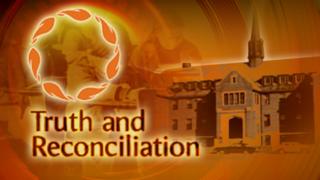 By 2017 all Canadians have heard and read excerpts from the Truth and Reconciliation Commission’s investigation (2008-15) into the Indian Residential Schools (1870-1996). Chaired by Manitoban FN Justice Murray Sinclair (now a Canadian Senator), one of the TRC’s major principles is:
By 2017 all Canadians have heard and read excerpts from the Truth and Reconciliation Commission’s investigation (2008-15) into the Indian Residential Schools (1870-1996). Chaired by Manitoban FN Justice Murray Sinclair (now a Canadian Senator), one of the TRC’s major principles is:
“Reconcilation requires sustained public education
and dialogue…Together Canadians must do more than
just talk about reconciliation; we must learn how to
practice reconciliation in our daily lives-within
ourselves and our families, and in our communities,
governments, places of worship, schools and workplaces.”
 So maybe as we Canadians celebrate our 150th birthday party this year, we can find ways to make sure that FN people get a very big piece of the birthday cake. After all, they were here long before us, and the birthday party is on what once was their land.
So maybe as we Canadians celebrate our 150th birthday party this year, we can find ways to make sure that FN people get a very big piece of the birthday cake. After all, they were here long before us, and the birthday party is on what once was their land.




No Comments